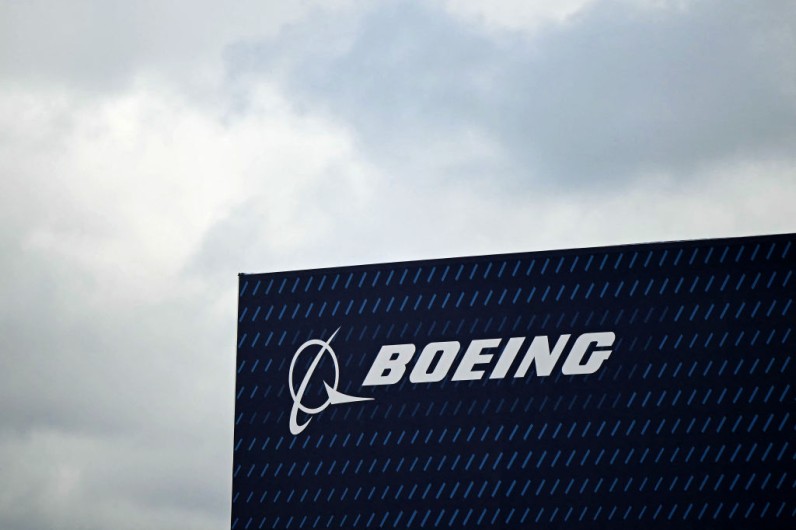
Boeing has appointed Steve Sullivan, a former Northrop Grumman executive, to lead its troubled Air Force One program as it works to deliver two new presidential jets already years behind schedule.
Sullivan, who helped lead high-profile defense projects like the B-21 bomber and X-47B drone, will now oversee Boeing's VC-25B program.
This project involves turning two Boeing 747-8 aircraft into high-tech planes that can serve as flying command centers for the President of the United States.
The Air Force One program has faced repeated delays and cost overruns. Originally scheduled for delivery in 2024, the two jets are now expected no earlier than 2027, Reuters said.
Boeing declined to comment on the leadership change, but an internal company email praised Sullivan as a "strategic leader" with a proven track record on billion-dollar defense programs.
"We are confident that Steve's leadership and problem-solving skills will benefit the VC-25B program," said Jamie Burgess, Boeing's vice president overseeing bomber and surveillance aircraft, in a message to staff.
Boeing Appoints Former Northrop Executive to Oversee US Air Force One Program
— Influencer Magazine UK (@influencer_uk) June 25, 2025
https://t.co/imgp8iMPyc pic.twitter.com/tPq68dO7Ek
Boeing Shakes Up Air Force One Team Amid Ongoing Delays
Sullivan replaces Greg Coffey, who led the Air Force One program for less than a year. Coffey will now return to Boeing's air dominance division, where he will support the development of the Air Force's new T-7A training jet.
Burgess also thanked Coffey for his work navigating the VC-25B program through what he called "a dynamic period" marked by shifting presidential demands and technical challenges.
According to BreakingDefense, the overhaul of Air Force One began under a $3.9 billion contract that former President Donald Trump helped negotiate in 2018.
The project has since faced growing scrutiny, especially as Trump has expressed interest in flying on the new jet before the end of his current term.
Delays have been caused by design changes, supply chain issues, and complex upgrades required to make the jets capable of secure communications and withstanding extreme conditions, including nuclear threats.
Steve Parker, Boeing's interim defense chief, recently said there's been more progress on the program in the past few months than in the past four years.
He noted that some updated requirements might even speed up the timeline, though he wouldn't confirm whether 2027 is still the target.
Meanwhile, the US Air Force is exploring options for a third presidential aircraft, using a 747 donated by Qatar. That plane may be modified by defense contractor L3Harris.







Join the Conversation